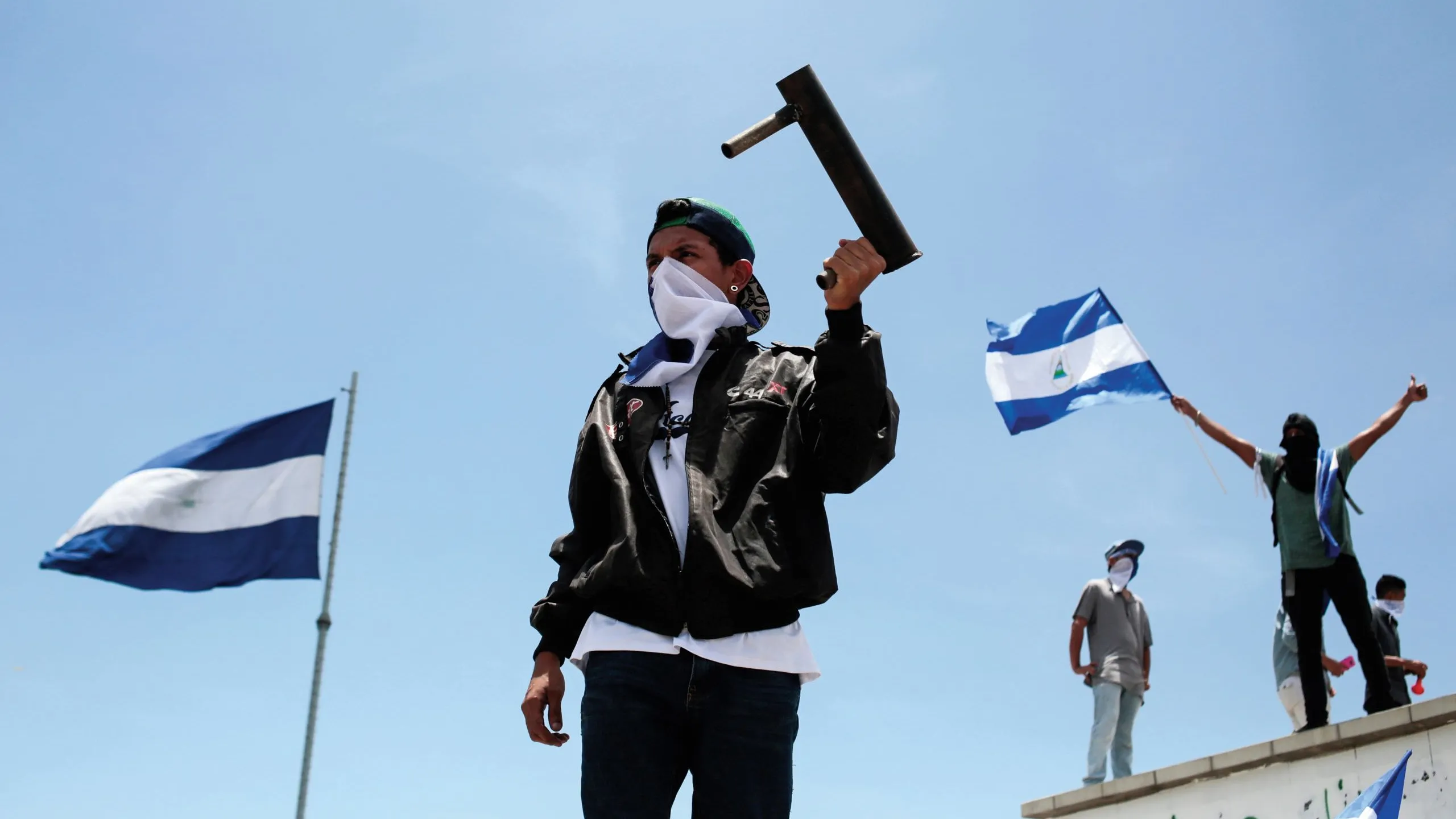Another opposition media outlet has fallen. And it’s not in Venezuela.
Albanisa, a Venezuelan-owned conglomerate that controls below market-value Venezuelan oil imports in Nicaragua and has business ties to Nicaraguan President Daniel Ortega, recently announced the formal purchase of Canal 8, a leading anti-Ortega media outlet, for US$10 million. The deal, which went through in December 2009, was formalized during the week of 25 January 2010.
The deal was facilitated in large part by Telcor, a Nicaraguan state-owned telecommunications regulator, whose director, Orlando Castillo, was a former high-ranking employee at Canal 4, another media outlet with close ties to the Ortega family.
Some analysts believe this move, which would not have been possible without the financial assistance of Venezuelan state-owned PDVSA, is an attempt by Daniel Ortega to control media and communications in preparation for constitutional reforms that would allow for his re-election in 2011. Currently, the Nicaraguan constitution forbids presidents to run for consecutive terms, although in October 2009, Ortega declared that provision inapplicable at a time when Nicaragua’s Supreme Court (CSJ) was not in full attendance to approve/disapprove. No date has been set for the official CSJ ruling.
The timing of the deal comes during the same week that Venezuelan President Hugo Chávez announced he would suspend the license of RCTV, a leading opposition network in Venezuela, along with five other TV stations for not airing pro-Chavez messaging.
Albanisa is backed financially by ALBA, the Venezuelan-led alliance of left-leaning nations in the Americas, of which Nicaragua is the only Central American member. Ortega and Chávez are close regional allies; The two leaders met recently in Managua to sign agreements in agriculture, and Chávez has promised Nicaragua subsidized oil and other services. Yet in spite of his close allegiance to Chávez, representatives of Ortega’s administration say Ortega has no intention of “becoming the next Chávez.” The move to take an opposition station off the air suggests otherwise.

Reply